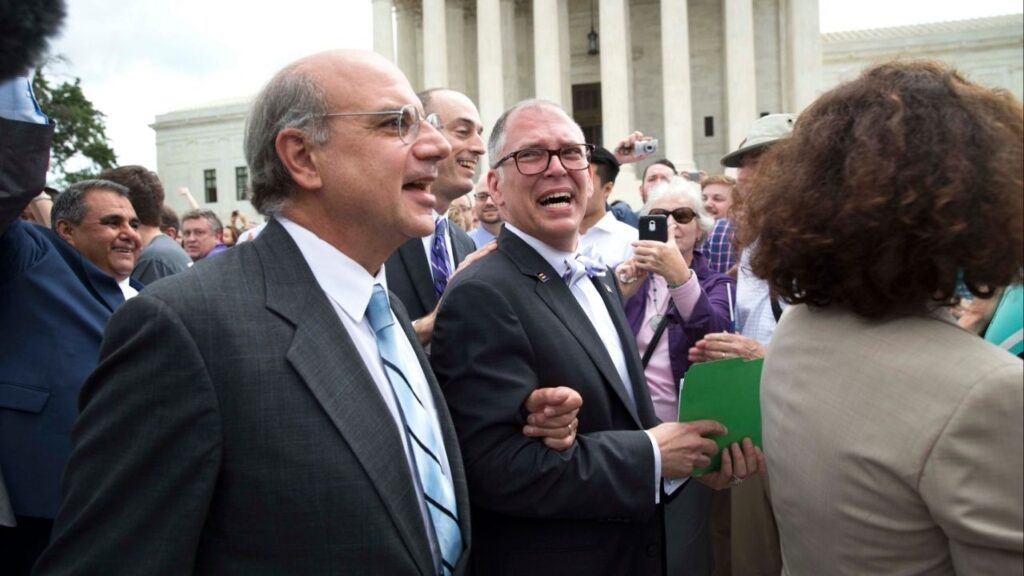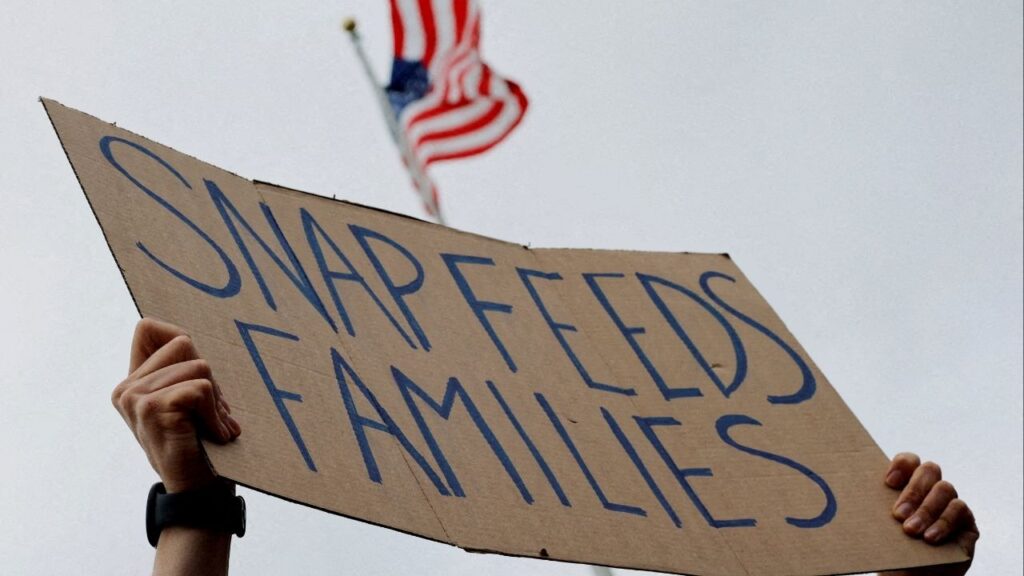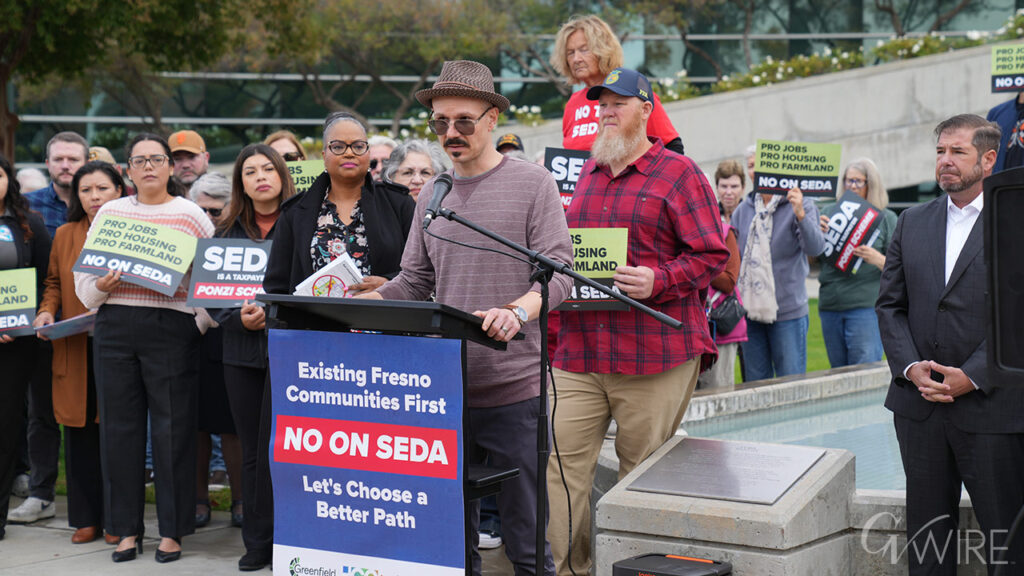The House passed a budget plan that may lead to cuts in Medicaid, a vital health care program for millions. (Shutterstock)

- The Republican-led House approved a budget blueprint that could target Medicaid for cuts, with a focus on reducing federal spending.
- Medicaid, a key program for low-income Americans, costs over $600 billion annually and serves 73 million people.
- Potential Medicaid cuts could affect low-income working-age adults and the health care economy, including hospitals and jobs.
Share
|
Getting your Trinity Audio player ready...
|
On Tuesday, the Republican-led House approved a budget blueprint calling for significant cuts in federal spending, part of a plan to extend tax reductions enacted in 2017. The resolution does not say which programs should be cut, but Medicaid, which provides health coverage for roughly 1 in 5 Americans, most of them poor, will very likely come under scrutiny.
Here’s a guide to how Medicaid works and what could happen if spending on it drops.
What Is Medicaid, and Who Is Covered?
Medicaid is a government health insurance program for low-income Americans, though some middle-class disabled, pregnant and older adults also qualify. States and the federal government share the cost. It was created 60 years ago, under the presidency of Lyndon B. Johnson, with the goal of making sure the nation’s most vulnerable people could get medical care. Today, it covers 73 million adults and children.
What Is Congress Proposing on Medicaid?
Congress has not made any specific proposals regarding Medicaid yet. But the House passed a budget resolution that, along with $4.5 trillion in tax cuts, called for reducing federal spending by up to $2 trillion over a decade. Because Medicaid is one of the largest sources of federal spending, costing more than $600 billion a year, it is a likely target for budget cuts.
What’s the Difference Between Medicaid and Medicare?
Medicare is the government health insurance for Americans age 65 or older, regardless of their income.
Medicaid is primarily for people who have not reached retirement age, and it largely serves the poor. Some who are disabled or older qualify for both types of coverage.
I Have Health Insurance Through Obamacare. Could This Affect Me?
Possibly. When the Affordable Care Act, known as Obamacare, became law in 2010, it hugely expanded the number of individuals who qualified for Medicaid. Over time, about 20 million people were added to the rolls. Most states now grant coverage to working-age adults whose incomes fall under a certain level.
Any cuts to Medicaid would most likely target these recipients; the federal government pays 90% of the cost of covering them. (Ten states, including Texas and Florida, don’t participate in the program.)
For people with somewhat higher incomes, who do not receive insurance through work, Obamacare, in a separate program, helps pay for private health insurance.
Do You Have to Pay Anything if You Have Medicaid?
Generally, no. Sometimes people on Medicaid have to pay small amounts for certain types of medical care. But federal law requires that such costs be kept at a minimum.
If Medicaid Is Really Slashed, What Would That Mean for Me?
If you’re not on Medicaid, it won’t mean anything — at least for now. But many Americans find themselves or family members eligible for it at some point in their lives — if they lose a job unexpectedly, for example, or need to enter a nursing home but don’t have the assets to pay for it. A lot of young adults qualify for Medicaid before they find a job that comes with health insurance.
Could There Be Economic Effects for the Country?
Yes, because Medicaid is a big part of the health care economy. Among other things, hospitals could lose a lot of revenue, affecting their financial stability. Medicaid expansion also created a lot of jobs in the health care sector, and some of those could be at risk.
—
This article originally appeared in The New York Times.
By Abby Goodnough
c. 2025 The New York Times Company



















